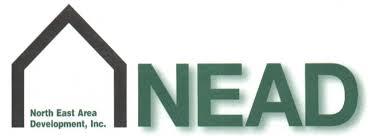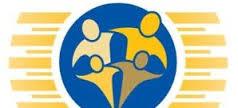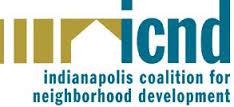Tri-City Peoples Corporation, established in 1966, works across Newark, East Orange, Irvington, and surrounding New Jersey communities to facilitate social and economic self-sufficiency and promote civic participation in community development. With an in-house construction crew, the CDC focuses on rehabilitating, reconstructing, and remodeling properties to improve the area’s housing stock. The CDC also provides a range of services including free home buying, home preservation, budget, and credit counseling to more than 8,500 people a year. Read more about Tri-City Peoples Corporation...


